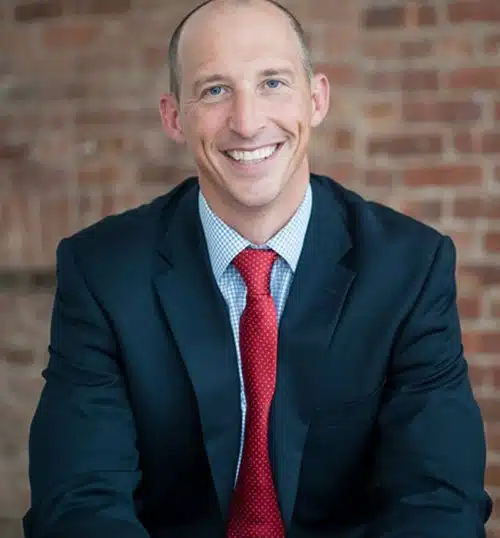This fourth blog post in our five-part series on financial moves to make in every age decade looks at what you should consider as reach your 50s. Previous posts looked at what was needed in your 20s, 30s, and 40s. We hope that you’ve already addressed most of those issues with your own financial planning. You may also want to recommend those blog posts to family members or others who are in those age categories.
In this post, we’ll look at what else you can do in your 50s to set yourself up well for the decades to come, as well as help others if possible.
Make Catch-Up Contributions to Your Retirement Plans
Because many Americans are behind in saving for retirement, the federal government allows “catch-up” contributions on many retirement options. Due to inflation, the amounts allowed for 2023 have increased for almost all the retirement plans. You need to be over 50 to qualify for the extra contribution limit. But along with higher contribution limits on many of the plans, the total amount that you can set aside for retirement will take a significant jump in 2023. For example, employee contributions to 401(k)s will rise from $20,500 to $22,500 and the catch-up contribution will rise from $6,500 to $7,500. So someone turning 50 in 2023 will be able to put $30,000 in her 401(k) account while she was limited to $20,500 in 2022.
Consider Long-Term Care Insurance
Long-term care insurance is a tough product to swallow for many consumers. To recognize its value, you have to admit to yourself that as you age you may need significant health services, potentially for months on end. That’s not a prospect that most of us are willing to embrace, especially when we’re in our early 50s and feeling in great shape. But it’s better to consider long-term care insurance when you’re fit and not already suffering a chronic condition that may disqualify you.
To understand its value, you have to imagine a bleak picture: You’ve bed-ridden, needing constant nursing care, and are facing large monthly bills. You won’t be able to turn to Medicaid for help until you’ve depleted all your savings. Long-term care pays for the services you require (with dollar amounts corresponding to your premiums) so you can protect your accumulated wealth, either for yourself and your spouse once you recover or for your heirs if you don’t.
Note that some companies are offering a “hybrid” form in which there is an “investment” element as well as the insurance so at least some of the premiums pay off in ways other than the care itself. While that may make the product more appealing, it isn’t necessarily the best financial move. We recommend doing your research and consulting different providers to see which option is best for you.
Decide How You Might Help Your Adult Children Financially
The prospect of making a good living as a young adult is not as certain now as it was for earlier generations. A Georgetown University report attributed this to the rising cost of postsecondary education, limited access to high-quality work-based learning, and the absence of comprehensive counseling and career navigation services. Consequently, you may see a need to help your children financially longer than your parents helped you.
This is a discussion to have with your spouse and your children so everyone is clear about what to expect. For example, you may offer to help your adult children make a down payment on a home, on the condition that they handle the monthly mortgage payments themselves. Or you may want to share with them what they stand to inherit from your estate. Money can be a taboo subject within families, but the better understanding your children about the reality of their financial status, the better prepared they will be to make their way in the world.
Lake Road Advisors, a Fee-Only, independent financial planning firm with offices in Corning, NY, Ithaca, NY and Portland, OR works with clients virtually all across the country. Paul Sydlansky, the founder of Lake Road Advisors LLC, has worked in the financial services industry for 20+ years. Prior to founding Lake Road Advisors, Paul worked at Morgan Stanley in Manhattan for 13 years. While at Morgan Stanley, Paul was a senior-level manager within the Institutional Equities Department. In 2018 he was named to Investopedia’s Top 100 Financial Advisors list. Paul received a Bachelor’s degree in Economics from Marist College and holds an MBA from New York University Leonard N. Stern School of Business. Paul is a CERTIFIED FINANCIAL PLANNER™ and a member of the National Association of Personal Financial Advisors (NAPFA) and the XY Planning Network (XYPN).




